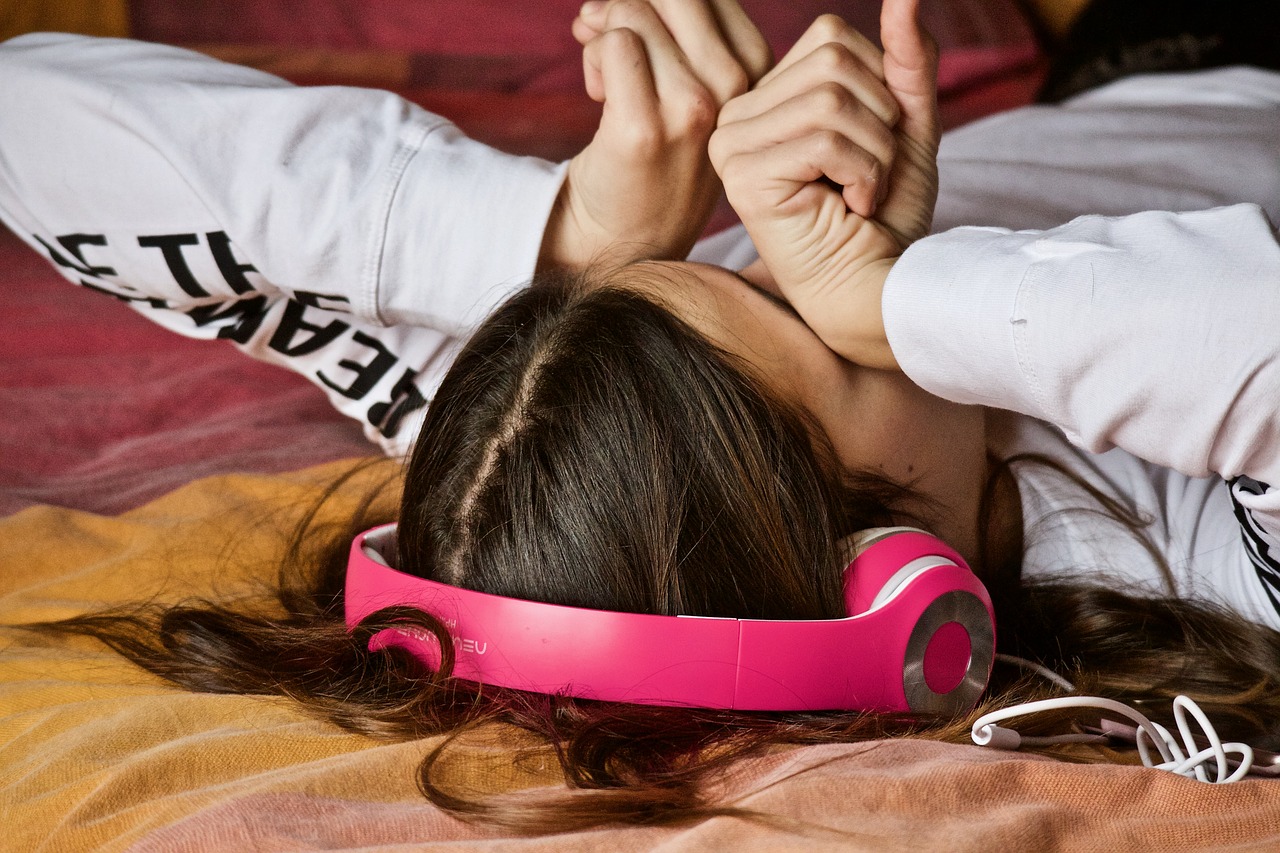Microsleeping is a persistent issue facing sleep apnea sufferers and CPAP users, as a short burst of sleep can prove hazardous to everyday activities and concentration issues during significant times of your life. Microsleep shouldn’t be a factor that stops you from living your life or managing your sleep apnea properly. Help to prevent microsleep from occurring by following these tips.
Don’t drive tired
Most episodes of microsleep tend to occur on the road, when people experience short sleep at stoplights, during long road trips, or after extensive periods of interrupted sleep. When microsleep becomes an issue for you, driving when tired can quickly bring on an episode, especially when the driving route is tedious and lengthy. Exercising caution at night, or when feeling exceptionally tired, is paramount by choosing to swap driving duties with someone feeling more energetic, or by engaging in alternate transport.
Keep your mind alert
Microsleep can prove hard to avoid when your focus wains. Whether it be driving on long roads, during business meetings or extended periods at the desk, staying alert can be difficult for microsleep sufferers. Engagement and audiovisual entertainment can help revive your focus; some people attest to playing loud, bouncing music helps break the monotony, as well as interacting with colleagues or changing activities temporarily.
Keep moving
Though fatigue may be at the core of why your microsleeps occur, reviving your energy through movement will help manage your episodes. At work especially, it’s easy to take a short break by doing a couple of laps around the office, replenishing your water, or stretching your body. Regular exercise is also essential for managing sleep apnea, which can contribute to the likelihood of microsleep occurring due to fatigue and poor sleeping habits. Prioritising exercise and regular movement, even simple walking, will help manage micro sleep symptoms.
Review your current sleep patterns and treatments
One of the most significant contributors to microsleep episodes is the overall lack of sleep. Sleep apnea sufferers find it hard to get adequate, rejuvenating sleep, especially without their CPAP machine or during the diagnosis phase. Micro sleepers are best to review their sleep patterns, either by seeking specialist help from medical professionals or adjusting their lifestyle to regulate their sleep patterns better.

